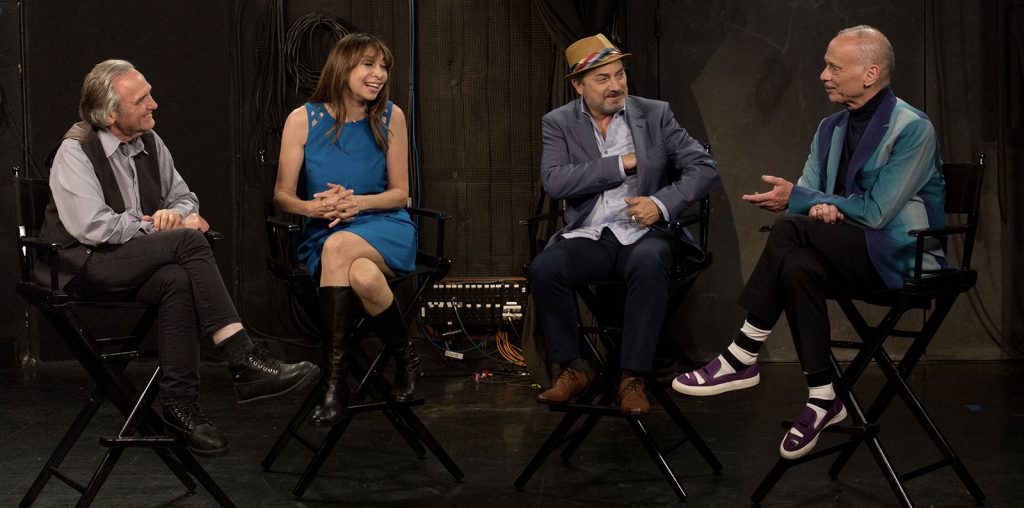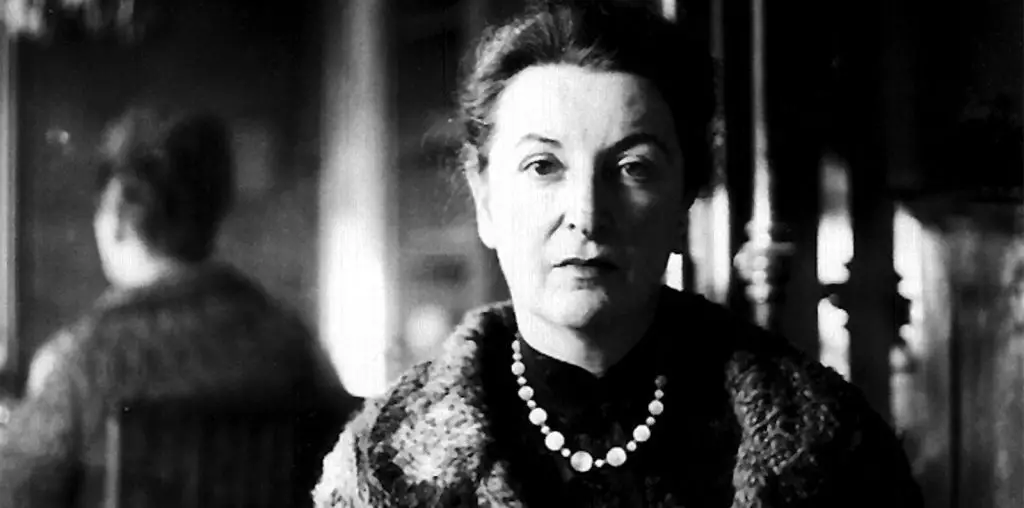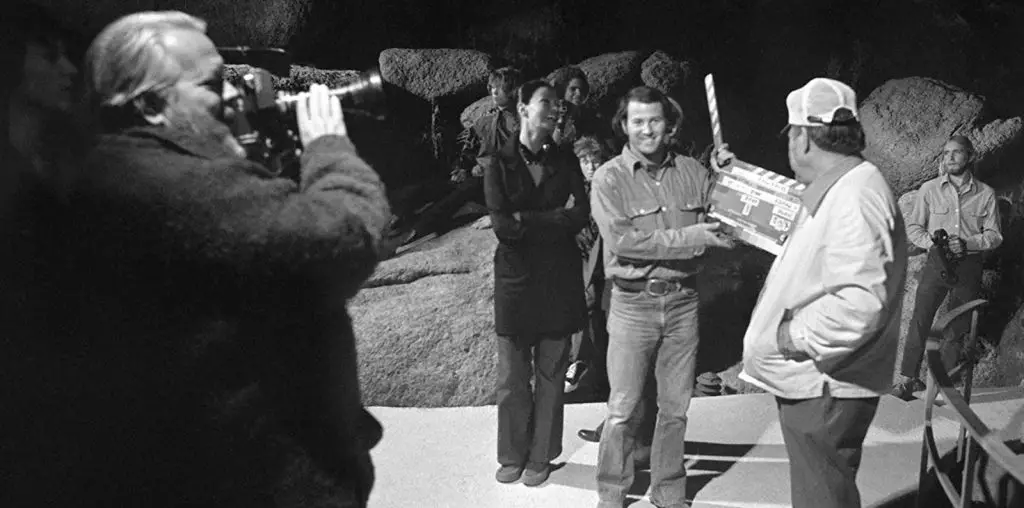
Essentially, Hopper/Welles is an extremely important historical document for what took place. It is also incredibly interesting to see Hopper as a begrudging revolutionary when he spent most of his older years as a staunch Republican. However, thankfully, he did support Obama in ’08. It’s interesting to hear Welles and Hopper talk about revolution considering the tumultuous political landscape we live in yet again. Welles says he thinks there will be a black president “very soon,” which was in 1970, so he was off by a bit but wasn’t entirely incorrect. Hopper talks about how he supported Martin Luther King Jr. and Cesar Chavez and mocked Jane Fonda for not doing as much as he did.
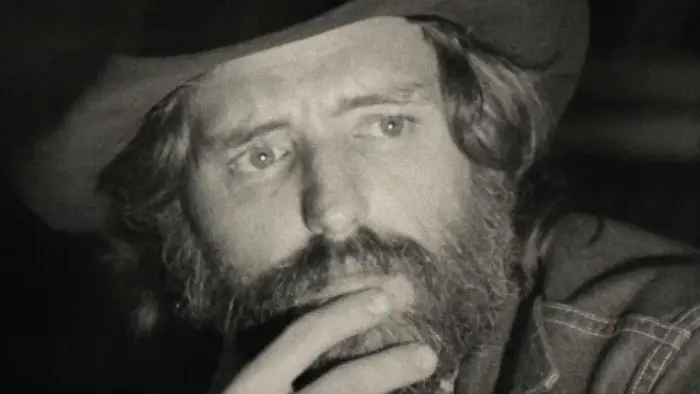
“Both men were iconoclasts that we’ll never forget due to their art.”
If you’re anything like me and are a nerd about film history, you will feel like a kid in a candy store while watching Hopper/Welles. Both men were iconoclasts that we’ll never forget due to their art. There’s something comforting about seeing the two men talk as though they’re still here with us. Both men had their problems, and I wouldn’t say they should win any humanitarian-of-the-year awards posthumously or anything. Still, they were essential to the evolution of film so listening to this conversation allows us to better understand the time period in which it took place.
I’m glad that the producers and everyone involved released this for all film nerds to revel in joyously. It is a two-hour experience that I don’t regret at all. Lastly, learning about the history of film can help us better build a future of the industry. Learning about the old points of view can help us develop better ones. Hopper/Welles is important for that reason. It’s also hilarious to hear Welles, who is never onscreen, browbeat Hopper to answer questions he doesn’t want to answer. Seriously, this film is a treat.
Hopper/Welles screened at the 2020 New York Film Festival and the 2020 AFI Fest.
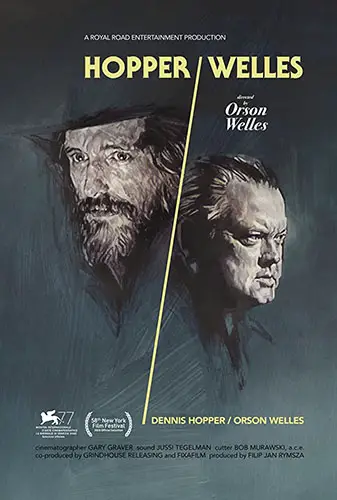
"…Welles jokes to someone on set that Hopper needs to be 'constantly plied with liquor.'"
